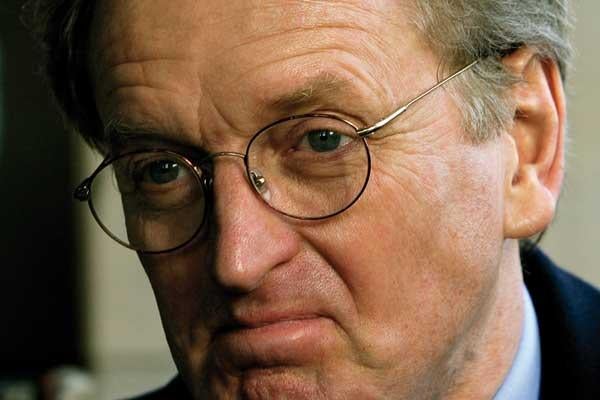
The chairman of the Press Complaints Commission, Sir Christopher Meyer, has likened elements of journalism in the digital age to a ‘massively souped-up phone-in’that needs fast and adaptable regulation.
Speaking at the Society of Editors (Scotland) Conference in Glasgow’s Caledonian University, Meyer rubbished the idea that the state should intervene in the regulation of online journalism.
He said: ‘It is in principal unacceptable and inconsistent with a fully functioning democracy that the editorial content of newspapers and magazines should be regulated by the state. Technology doesn’t change that one bit.
‘However the content maybe delivered, self-regulation demands clear lines of command and control. We have never allowed an editor in breach of our code to use the excuse that the story came from a normally reputable agency, freelance reporter or other outside source.
“Once the decision is taken about a publication’s editorial content, the buck always stops with the editor. What technology does do is reinforce the practical case for self-regulation.”
Meyer said in the digital age the PCC’s ability to adapt to technological change could not be matched by the law courts, and said he envisaged a time when the PCC’s logo would appear on every newspaper and magazine website.
‘It may be but a great democratic forum but intrinsically it is no more than a massively souped-up phone-in. There is a crying need to distinguish between what is rubbish and what is quality; between what is fantasy and what is reliable. This is exactly where the Code of Practice comes into play.
“The code must become the quality stamp, the seal of good housekeeping for the online editions of newspapers and magazines. I hope the day is not far off when a small PCC logo will be visible in a corner of the screen of every electronic page of every British newspaper and magazine.”
Email pged@pressgazette.co.uk to point out mistakes, provide story tips or send in a letter for publication on our "Letters Page" blog

